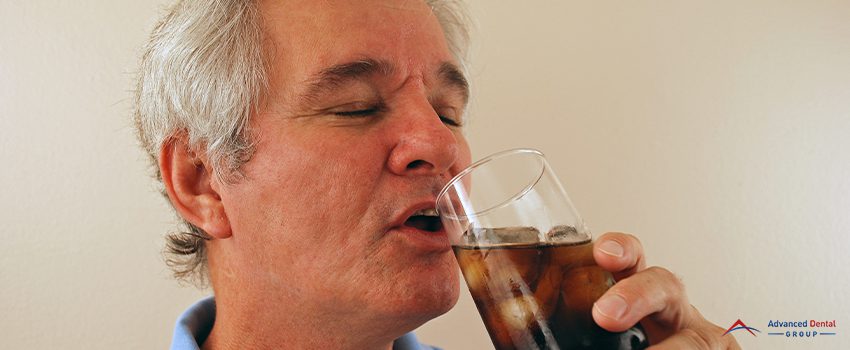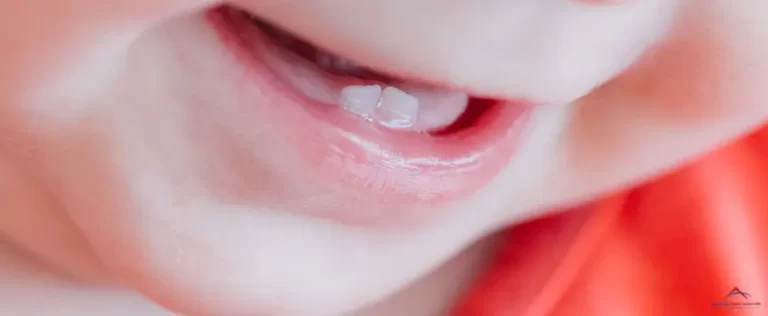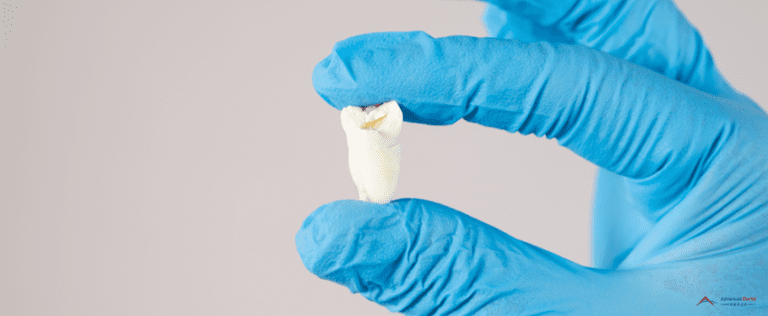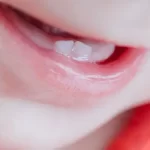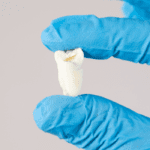That fizzy sound as we pop open a cold can is music to the ears of those who can’t live without drinking soda. While many of us are blissfully unaware of the deadly concoction each can has, sodas have become a part of our modern diet. As such, our dentists would like to forewarn us of the detrimental effects soda has on our oral health. The cold truth is: sipping on sodas cause cavities. So how do sodas cause cavities?
Soda contains carbonated water, sugar in the form of high fructose corn syrup, and caffeine, to name a few. In fact, the World Health Organization (WHO) explains that a 12oz soda contains a whopping 35 grams or almost nine teaspoonfuls of sugar which might give energy but hardly any nutritional value. Moreover, consuming sugar-sweetened beverages, like soda, is associated with weight gain in both children and adults.
The dangers of consuming soda go beyond weight gain and developing chronic diseases. At first sip, its high sugar content poses a threat to our oral health. So the next time you want to gulp down a can or two, think twice for the sake of your oral health.
How Can Drinking Soda Cause Cavities?
Sipping on sodas cause cavities. Soda, especially when consumed in large amounts, can contribute to the fast deterioration of teeth.
Soda is largely made up of sugar. Sugar in its rawest form is not exactly the cause of cavities in the teeth. However, when sugar enters the mouth, the bacteria that naturally occur in our mouths break it down. The process of breaking down sugar allows these bacteria to produce acid.
The acids are the ones responsible for melting the enamel that protects the teeth. Once the protective layer disappears, the bacteria can now attack the teeth freely, causing cavities and tooth decay. Kids, who have a sweet tooth, are more susceptible to developing cavities because of the consumption of sugar-rich foods such as candy, together with drinking highly acidic and sugary beverages such as soda and juice.
Minerals within the mouth help repair the lost enamel in the teeth. However, with the continuous intake of sugary foods and beverages, the amount of acid produced by the bacteria digesting these sugars becomes overwhelming for the teeth’s natural protection squad.
How to Reduce Damages on Teeth Caused by Soda Consumption
Quitting drinking soda can be as difficult as engaging in a new diet plan. However, you should not be disheartened by the initial difficulty, especially if you want to prolong the life of your teeth. Here are some steps that can help you reduce your teeth’s damages from soda consumption and lead a healthier life free from cavities.
1. Cut back on soda consumption per day.
If you are used to drinking soda and other caffeine-rich beverages with your everyday activities, you might want to cut down on the consumption by half. Continuous drinking of soda and other acidic beverages prevents the mouth from recovering and restoring its natural pH balance.
2. Lessen your teeth’s contact with soda.
By drinking soda via a straw, the soda is directly transported to the throat instead of passing through the teeth. This will disable the bacteria from digesting the sugar and, in turn, will not produce harmful acids that can melt the enamel in the teeth.
3. Rinse your mouth with water.
Gargle with water after drinking soda or caffeine-rich beverages. Gargling will help flush out the remaining sugars and prevent the bacteria from consuming these sugars, saving your teeth from cavities.
4. Don’t brush your teeth immediately.
Contrary to popular belief, brushing after drinking soda can do more harm than good since the teeth are still sensitive because of the acid produced by the sugar-eating bacteria. Brushing in this condition can further damage the teeth.
5. Drink soda while eating.
Eating heavy meals brings out saliva for easy digestion. This will also help in neutralizing the acid produced by the sugar-eating bacteria to lessen the damage to the teeth’s enamel.
How to Minimize Soda Consumption
Now that you know how sugary beverages affect the teeth, maybe it is high time to quit soda consumption altogether. Ignoring a soda craving can be difficult, especially with the mindset that soda can easily quench our thirst.
It is a bit misleading to think that soda quenches the thirst when what happens is the contrary. Caffeine-rich and acidic drinks like soda can actually speed up the dehydration process in our bodies. Aside from this, there are plenty of health-related reasons one must quit soda consumption. If you are looking for ways to quit soda consumption, you can try these:
1. Drink plenty of water.
Our bodies are highly dependent on water. Hydration is important for us to function properly. Instead of reaching for a bottle of soda the next time you feel thirsty, reach for a glass of water instead. Water can easily replenish your strength and prevent cavities from destroying your teeth.
2. Stay away from soda.
If it is possible, stay away from places that serve soda and other acidic drinks. If you’re suddenly craving soda, immediately reach for a glass of water. Doing exercises and taking walks can also help in distracting the mind from soda cravings.
3. Avoid hunger.
When hungry, the soda cravings become stronger. Always pack a small healthy snack with you and a bottle of water to avoid cravings.
4. Swap soda for alternatives.
Because of the rise in health consciousness, various products that offer alternatives are now available in the market. For instance, if you are craving soda, there are products like infused sparkling water or sparkling beverages that are readily available in the market that can give you the same fizz experience with less sugar. But, of course, water is always your best option to cutting back on your soda intake.
Advanced Dental Group Can Help Deal With Oral Cavities Caused By Soda
If you are quitting your soda consumption and are in need of Dentists in Avon, CO, to restore your teeth’s pristine condition, Advanced Dental Group can help you. With our experienced professionals, you can be sure that you are in good care while your dental health is being restored.
The services we provide are personalized for each patient’s specific needs. As much as possible, we do non-invasive procedures such as d10igital X-Ray. If you want us to take a look at those oral cavities, don’t dawdle. Call us and book an appointment now!
